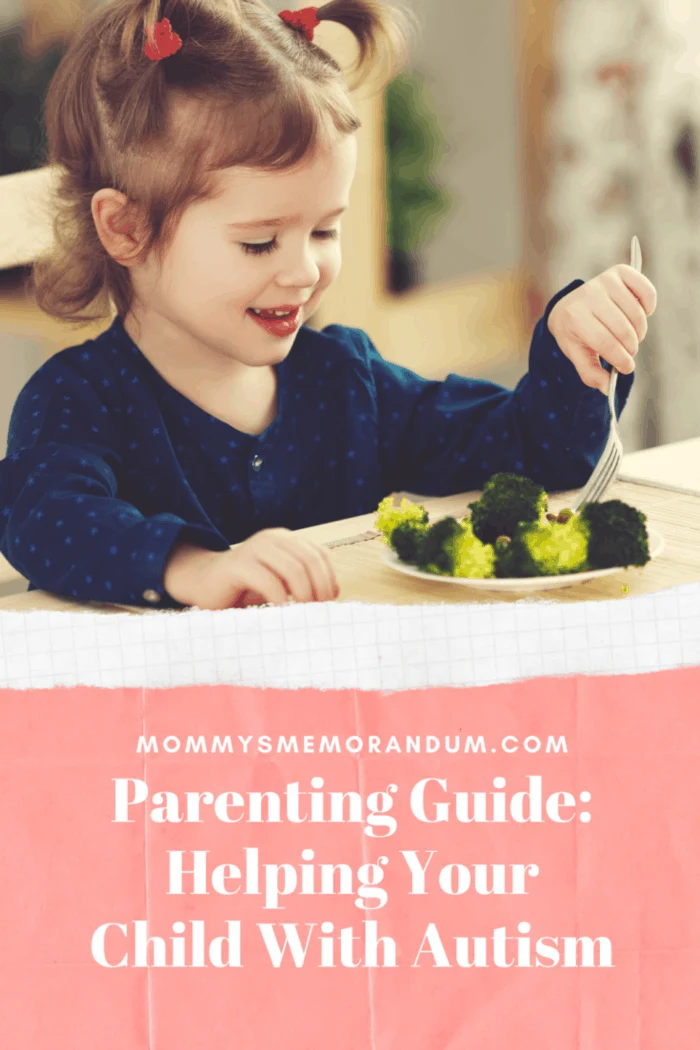Finding out that your child has autism spectrum disorder is worrisome news for many. The impact of this diagnosis isn’t small on any parent who wants to see their kids happy, safe, and, most importantly, healthy. At first, you might be overwhelmed with the news and confused about how you can help or what you can do. However, you will learn that knowledge is your best weapon in this fight. If you have heard countless people repeat that ASD is incurable, as it’s a lifelong condition, you might start feeling that nothing you can do will make it better for your child. This is totally untrue. While ASD might not be something your child will be able to “grow out” of, many treatment options and lifestyle changes will help them better handle their conditions. Right here, you will find a mini-guide put together to help you as a parent for helping your child with autism.

Helping Your Child With Autism
Start with the Treatment Right Away
Oftentimes, people educate themselves on pregnancy and everything they will go through; yet they forget to read about children and their behaviors.
It’s extremely important to start paying close attention to your child, especially in their early childhood stages.
Once you start noticing something unusual about how your kid behaves, you must seek professional help.
Putting off doctor appointments or delayed diagnosis might lead to developmental delays with autism.
The chances for treatment success depend on how early you get your child the help they need.

Lifestyle Changes
Many experts who dealt with enough autistic patients know that their diets could affect their progress.
There is a strong link between food and diet that tautism parenting magazine suggests due to the direct link between the gut and the brain.
Children with autism often struggle with stomach issues, so paying close attention to your child’s diet is the first step you can take in order to help them.

Connect With Your Child
There are different ways and strategies that you can follow to connect with your child to promote language and a safe and encouraging environment.
For example, says Psychology Today, you can encourage social interaction by playing different games with your child that will teach them how to communicate with their language.
You can position yourself during these playdates close to an eye level with your child to encourage physical and social interactions.
Some parents find that mimicking their children’s sounds and behaviors encourages their kids to be more vocal.
Don’t neglect nonverbal communication just because you are trying to get sentences out of your child.
Use eye contact, hand gestures, and facial expressions to communicate the same way your child tends to communicate.
Showing your child that they’re in a safe place will enhance their communication, and you will effortlessly bond with them.
As a parent with an autistic child, practicing acceptance is essential.
While your child might be different or “quirky,” you will find that, with time, you will love these quirks.
Focusing on your child’s well-being is the most important task any parent has, yet, you will also need to focus on your kid’s mental health by providing them with the unconditional love they need.
Remember that using positive reinforcement as effective behavior management is always better than punishments.
